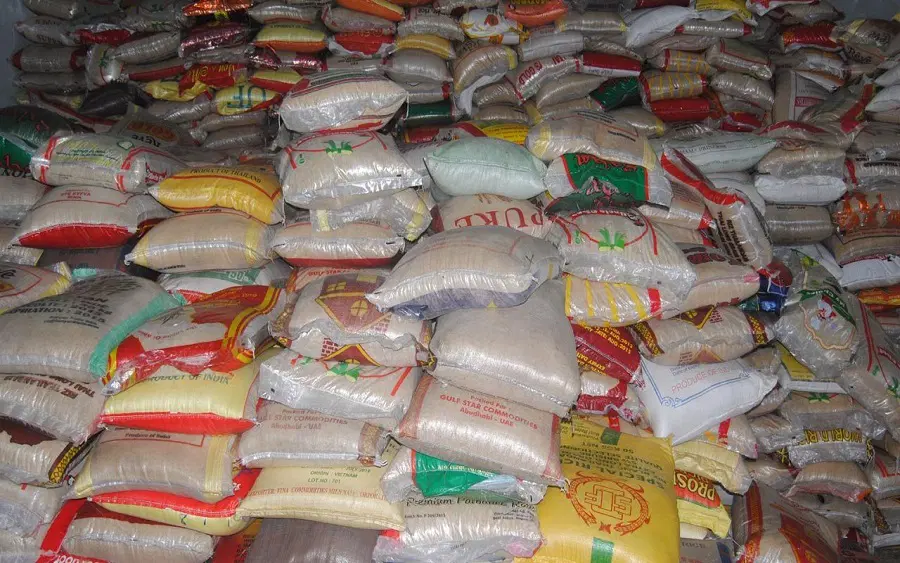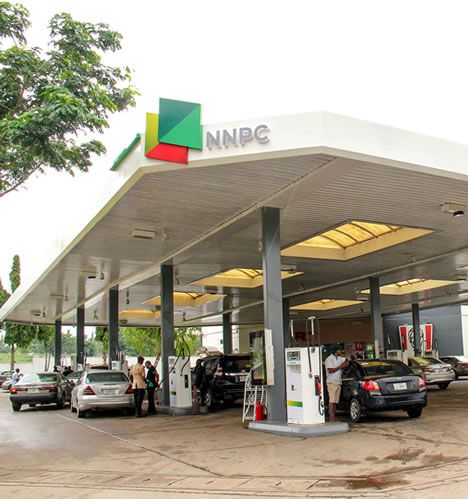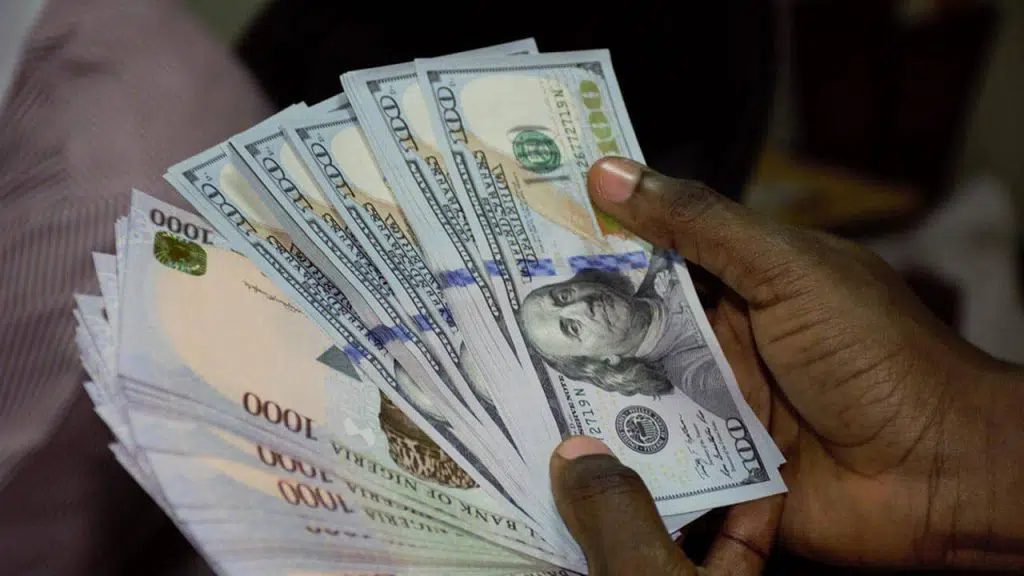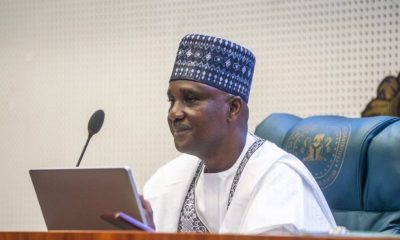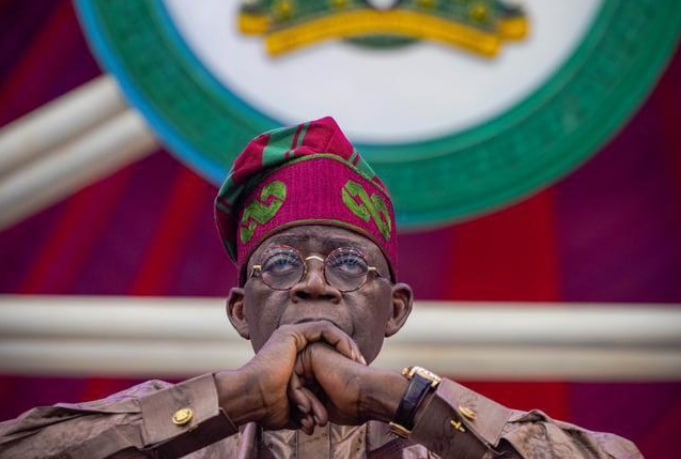News
Presidency Denounces New York Times’ Report, Says Tinubu Inherited Dead Economy
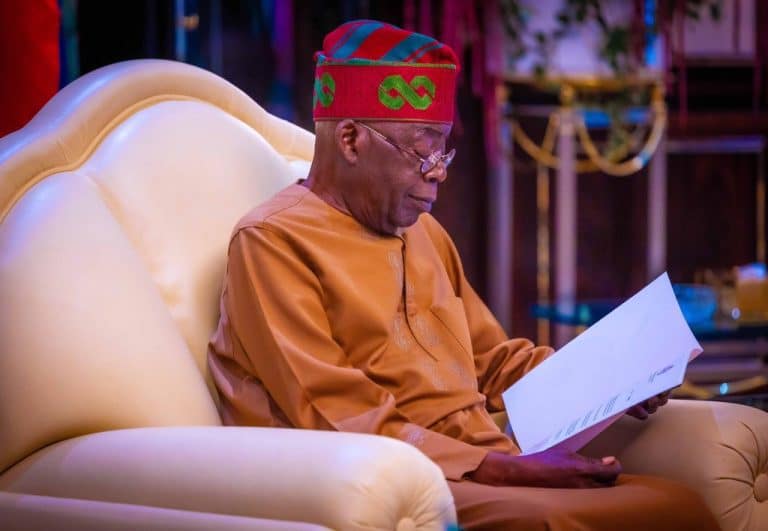
-
Presidency Denounces New York Times’ Report, Says Tinubu Inherited Dead Economy.
-
The government defends recent policy measures, such as ending the fuel subsidy and unifying exchange rates, as necessary steps to stabilize the economy and restore confidence.
-
The Presidency highlights positive developments like trade surplus, foreign investment, and efforts to control inflation, particularly food prices, while acknowledging ongoing challenges.
EKO HOT BLOG reports that the Nigerian Presidency has firmly denied claims made by the New York Times in a recent article which depicted the Nigerian economy as experiencing its worst downturn in a generation. The report, titled “Nigeria Confronts Its Worst Economic Crisis in a Generation,” was published on June 11 and has garnered significant attention for its critical viewpoint.
Responding to the publication, Special Adviser to the President on Information and Strategy, Bayo Onanuga, described the report as a biased portrayal that perpetuates a longstanding trend of negative depictions of African nations by Western media.
EDITOR’S PICK
- Implementing Unsustainable Minimum Wage Will Lead To Job Loss – FG Warns NLC
- Tinubu’s Speech: No Consensus Reached On National Minimum Wage – NLC
- 25 Dead In Enugu Highway Crash Involving 10 Vehicles
Onanuga contended that the article presents a skewed narrative, unfairly attributing the current economic difficulties solely to the administration of President Bola Tinubu, who took office at the end of May 2023. He emphasized that the economic challenges were inherited from previous administrations, countering the implication that they are a direct consequence of President Tinubu’s policies.
Onanuga accused the New York Times of focusing exclusively on the negative aspects of Nigeria’s economic situation without acknowledging the substantial efforts made by both federal and state governments to mitigate these challenges through various policy measures. He noted that the report failed to highlight any positive developments in the Nigerian economy or the remedial actions being undertaken.
He stressed that the administration is dedicated to improving the country’s economic conditions through strategic interventions aimed at reducing inflation and stabilizing the economy. “As a respected economist in our country once put it, Tinubu inherited a dead economy. The economy was bleeding and needed quick surgery to avoid being plunged into the abyss, as happened in Zimbabwe and Venezuela,” he remarked.
Onanuga said this was the background to the policy direction taken by the government in May/June 2023: the abrogation of the fuel subsidy regime and the unification of the multiple exchange rates.
According to the presidential aide, for decades, Nigeria had maintained a fuel subsidy regime that gulped $84.39 billion between 2005 and 2022 from the public treasury in a country with huge infrastructural deficits and in high need of better social services for its citizens.

New York Times’ Report
Onanuga also alleged that the state oil firm, NNPCL, the sole importer, had amassed trillions of Naira in debts for absorbing the unsustainable subsidy payments in its books.
He said by the time Tinubu took over the leadership of the country, there was no provision made for fuel subsidy payments in the national budget beyond June 2023.
“The budget itself had a striking feature: it planned to spend 97 percent of revenue servicing debt, with little left for recurrent or capital expenditure. The previous government had resorted to massive borrowing to cover such costs. Like oil, the exchange rate was also being subsidized by the government, with an estimated $1.5 billion spent monthly by the CBN to ‘defend’ the currency against the unquenchable demand for the dollar by the country’s import-dependent economy.
“By keeping the rate low, arbitrage grew as a gulf existed between the official rate and the rate being used by over 5000 BDCs that were previously licensed by the Central Bank. What was more, the country was failing to fulfil its remittance obligations to airlines and other foreign businesses, such that FDIs and investment in the oil sector dried up, and notably Emirate Airlines cut off the Nigerian route,” he said.
Onanuga said to deal with the cancer of public finance, Tinubu on his first day rolled back the subsidy regime and the generosity that spread to neighbouring countries. Then, his administration floated the naira.
He said, “After some months of the storm, with the naira sliding as low as N1,900 to the US dollar, some stability is being restored, though there remain some challenges. The exchange rate is now below N1500 to the dollar, and there are prospects that the naira could regain its muscle and appreciate to between N1000 and N1200 before the end of the year.
“The economy recorded a trade surplus of N6.52 trillion in Q1, as against a deficit of N1.4 trillion in Q4 of 2023. Portfolio investors have streamed in as long-term investors. When Diageo wanted to sell its stake in Guinness Nigeria, it had the Singaporean conglomerate, Tolaram, ready for the uptake. With the World Bank extending a $2.25 billion loan and other loans by the AfDB and Afreximbank coming in, Nigeria has become bankable again. This is all because the reforms being implemented have restored some confidence.
“The inflationary rate is slowing down, as shown in the figures released by the National Bureau of Statistics for April. Food inflation remains the biggest challenge, and the government is working very hard to rein it in with increased agricultural production.
“The Tinubu administration and the 36 states are working assiduously to produce food in abundance to reduce the cost. Some state governments, such as Lagos and Akwa Ibom, have set up retail shops to sell raw food items to residents at a lower price than the market price.
“The Tinubu government, in November last year, in consonance with its food emergency declaration, invested heavily in dry-season farming, giving farmers incentives to produce wheat, maize, and rice. The CBN has donated N100 billion worth of fertiliser to farmers, and numerous incentives are being implemented. In the western part of Nigeria, the six governors have announced plans to invest massively in agriculture.
“With all the plans being executed, inflation, especially food inflation, will soon be tamed.
“Nigeria is not the only country in the world facing a rising cost of living crisis. The USA, too, is contending with a similar crisis, with families finding it hard to make ends meet. US Treasury Secretary Janet Yellen raised this concern recently. Europe is similarly in the throes of a cost-of-living crisis. As those countries are trying to confront the problem, the Tinubu administration is also working hard to overturn the economic problems in Nigeria.
FURTHER READING
- Akpabio Addresses 2027 Presidential Ambitions With El-Rufai Amid Posters
- June 12: Sail Away From The Turbulent Waters Of Protests – DSS Warns Nigerians
- Court Gives Date to Rule on LP’s Candidacy Tussle
“Our country faced economic difficulties in the past, an experience that has been captured in folk songs. Just like we overcame then, we shall overcome our present difficulties very soon.”
Click below to watch our video of the week:
Advertise or Publish a Story on EkoHot Blog:
Kindly contact us at [email protected]. Breaking stories should be sent to the above email and substantiated with pictorial evidence.
Citizen journalists will receive a token as data incentive.
Call or Whatsapp: 0803 561 7233, 0703 414 5611


